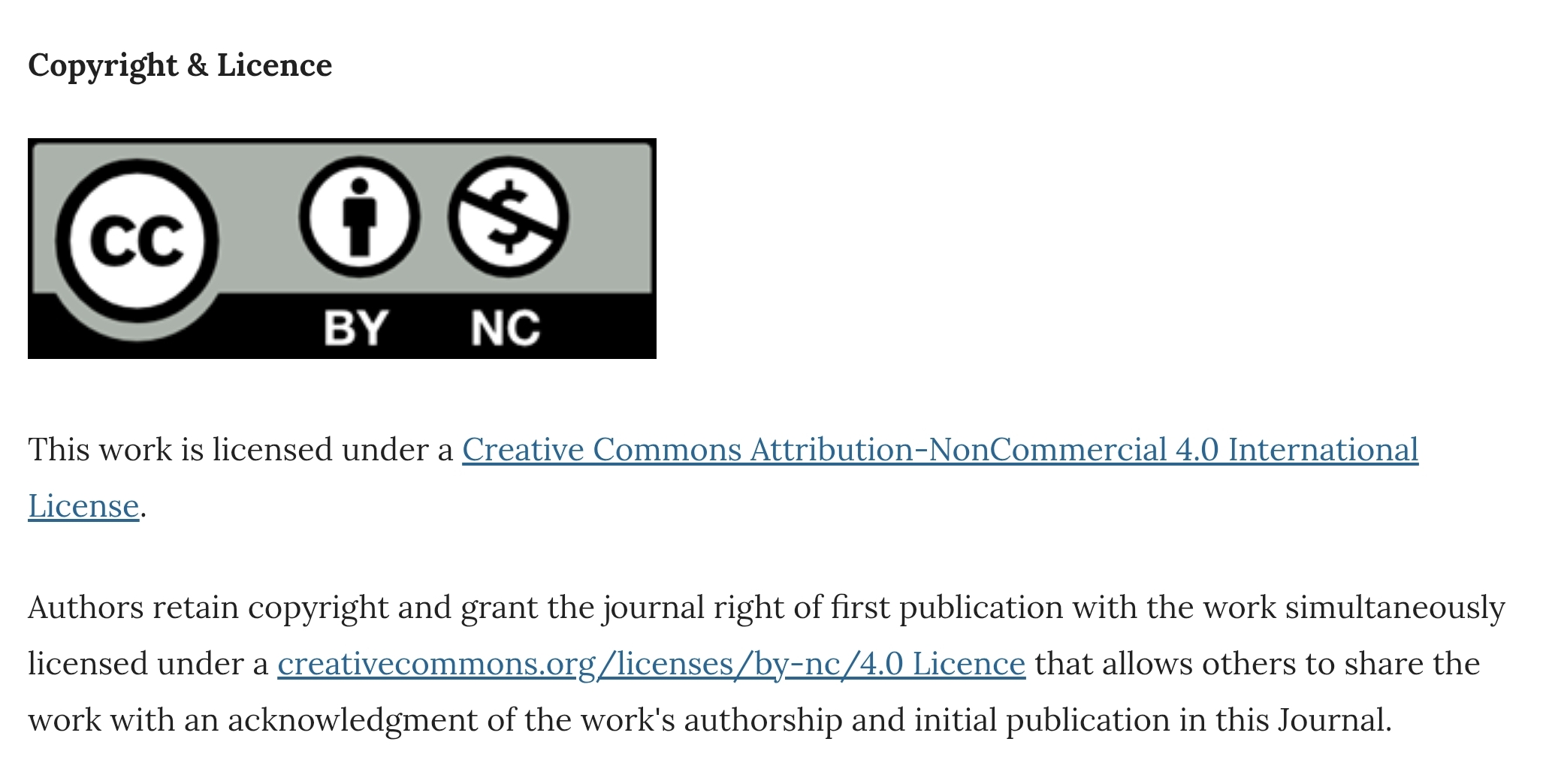A cross sectional study on Psychological aspects and Quality of Life of Nursing Students
DOI:
https://doi.org/10.30834/KJP.33.1.2020.189Keywords:
Personality, Coping Strategies, Quality of Life, Nursing studentsAbstract
Background: With the increase in students pursuing nursing education in India, studies report one in four students suffer from stress related disorders like anxiety and depression. While many studies focus on the stressors and associated external factors, this study was designed to assess dimensions of personality, types of coping and potential impact on quality of life.
Methodology: A cross sectional survey was conducted with universal sampling of 161 consenting nursing students. Semi structured proforma, Eysenck Personality Inventory (EPI), Coping Strategies Inventory- short form (CSI-SF) and WHOQOL – BREF were used for data collection. Statistical analysis was done using SPSS version 20. Descriptive statistics of mean (sd) and percentages and inferential statistics of Independent t-test, ANOVA and Pearson’s correlation analysis were used.
Results: 161 out of 184 study participants were included in the analysis. 93.2% of participants were females and more than 60% were from rural background. Neuroticism scores were significantly higher among first and second year student. Problem focused disengagement and emotion focused disengagement scores were significantly higher among first and fourth year students respectively. Third year students scored high across psychological, social and environmental domains of quality of life.
Conclusion: Neuroticism as a trait negatively impacts the student’s coping strategies and quality of life. Early understanding of individual’s personality will help to implement measures to strengthen their coping strategies in dealing with stressors and improve quality of life.
Downloads
References
Gibbons C, Dempster M, Moutray M. Stress, coping and satisfaction in nursing students. J. Adv. Nurs. 2011; 67 (3), 621–32.
Goff A. Stressors, academic performance and learned resourcefulness in baccalaureate nursing students. Int. J. Nursing Education Scholarship, 2011; 8 (1), 1– 20.
Reeve KL, Shumaker CJ, Yearwood EL, Crowell NA, Riley JB. Perceived stress and social support in undergraduate nursing students' educational experiences. Nurse Education Today. 2013; 33(4): 419-24.
Labrague LJ. Stress, stressors, and stress responses of student nurses in a government nursing school. Health Sci J. 2013; 7(4): 424-35.
Mahmoud JSR, Staten RT, Hall LA, & Lennie TA. The relationship among young adult college students' depression, anxiety, stress, demographics, life satisfaction, and coping styles. Issues in Mental Health Nursing, 2012;33, 149 – 56.
Ryckman RM. 2004. Theories of Personality. 8th ed. Thomson, Belmont, CA.
Karimzade A &Besharat MA. An investigation of the relationship between personality dimensions and stress coping styles. Procedia Social and Behavioral Sciences, 2011;30,797 – 802.
Ni C, Lo D, Liu X, Ma J, Xu S, Li L. Chinese female nursing students' coping strategies, self-esteem and related factors in different years of school. Journal of Nursing Education and Practice. 2012; 2(4): 33.
Rafati, Foozieh & Nouhi, Esmat & Sabzevari, Sakineh & Dehghan-Nayeri, Nahid. (2017). Coping strategies of nursing students for dealing with stress in clinical setting: A qualitative study. Electronic Physician. 9. 6120-6128. 10.19082/6120.
WHOQOL: Measuring Quality of Life. https://www.who.int/healthinfo/survey/whoqol-qualityoflife/en/
Eysenck, HJ, Eysenck, SBG. Manual of the Eysenck Personality Questionnaire. London: Hodder & Stoughton; 1975.
Tobin DL, Holroyd KA, Reynolds RV, Wigul JK. The hierarchical factor structure of the Coping Strategies Inventory. Cognitive Therapy and Research, 1989; 13, 343-61.
World Health Organization. Division of Mental Health. (‎1996)‎. WHOQOL-BREF: introduction, administration, scoring and generic version of the assessment: field trial version, December 1996. World Health Organization. https://apps.who.int/iris/handle/10665/63529
McLaughlin K, Muldoon OT, Moutray M. Gender, gender roles and completion of nursing education: a longitudinal study Nurse Educ Today. 2010 May; 30(4):303-7.
Tsujida Y. 2018. 'Nursing Students in India: A Preliminary Analysis'. International Nurse Labor Migration-Comparison between the Philippines and India, Survey Report Asia Economic Research Institute 2018. https://www.ide.go.jp/library/Japanese/Publish/Download/Report/2017/pdf/2017_2_40_007_ch03.pdf
Yousef HR, Al-Houfey AA. Compatability of Personality Traits with Profession for Faculty of Nursing Students at Assiut University. Br J Educ. 2014; 2(3):44-56.
Seyedfatemi N, Tafreshi M, Hagani H. Experienced stressors and coping strategies among Iranian nursing students. BMC Nurs. 2007; 6-11.
Downloads
Published
How to Cite
Issue
Section
License
Copyright (c) 2020 Kerala Journal of Psychiatry

This work is licensed under a Creative Commons Attribution-NonCommercial 4.0 International License.












